Better Businessing 1/3
Hi friends
I’m preparing a presentation for a fairly large company about sustainability and the circular economy. The more I think about it, the bolder I want to be and the less I have to lose.
As prep, I’ll be sharing the key points I want to make as a series of 3 newsletters. The 1st, this one, focuses on Product. The 2nd will focus on Business Structure and the 3rd will be Why We Even Care Anyways.
I have tried to remove my qualifiers and my ‘I think…’s as this is an opinion piece and is all just what I think, anyways.
Considerations for Running a Good* Business
*what I mean by good is: responsible, sustainable, ready for a circular economy
These are most important lessons I’ve learned so far in my career when it comes to making sustainable and circular-economy-ready product. Many of them come from my time at EILEEN FISHER, Inc, and some of them have been learned or underlined in the last few years working in the start up and consulting spaces.
PRODUCT
Materials
What you use to make your products is a huge piece of the sustainability and/or circular economy pie. Are you extracting natural resources from the earth? Are you using virgin plastics? If you want to have a more positive impact, either use recycled materials or virgin materials that create a positive impact (not a negative one, as most do). For example, regenerative wool is grown on sheep who actually replenish the land that they graze and do not deplete it. Another example is recycled nylon that comes from used fishing nets- something RTV is leveraging everyday in their monomaterial product creation. (Get in touch if you want to learn more; I work with them!) Basically, make sure your materials are coming from responsible sources and not depleting the earth.
Labor / Product Construction
Who is making your product and how are they treated.? Putting aside the many existing labor standards (I honestly don’t know enough about any of them), it is beneficial to try to understand who is making your products, how much they are being paid, what their lives are like… in a sense, are their jobs regenerative for them? Do their jobs making your product help them achieve a good life and bring them to a more secure place? Or are your jobs depleting their quality of life? If this is the case, what can you do to help? What services or increased pay can you offer? It is the moral responsibility of large corporations to invest heavily in the workforces that they depend on for their product creation.
Great Product Underlined by Responsibility
A valuable lesson I learned working for Eileen Fisher (the woman) was the upmost priority of creating product people want to buy. Of course, making that product responsibly is an imperative, but none of it matters if people don’t want to buy the product in the first place. Your product needs to solve a problem for your customer or bring some kind of joy to their lives. Great product and responsibility should go hand-in-hand. For example, if a designer does not feel they can achieve their vision with existing sustainable materials, they should collaborate with their sustainability counterparts to innovate and design something that is responsible and will create a desirable product.
Pre-Pay Product Funeral
Beyond creating an amazing product, you also need to create a product that will last as long as possible and can be reused and recycled. You need to consider and plan for the end of the life of your product. You know how some folks pre-pay for their funeral because they don’t want to burden family with that expense when they pass? Do that for your products! (Hint: that’s also what’s coming with packaging and textile extended producer responsibility legislation in the EU, California and beyond!)
Vertical Integration
The more of your supply chain you can own and/or combine, the better. Decisions can be made that have larger positive impact, and innovation is also easier when you own your operations, or at least have invested many parts of your business with one larger operating partner who can pull a change through multiple stages of production. Convincing people to change is hard, and the fewer people you have to convince, the better!
Cynthia

